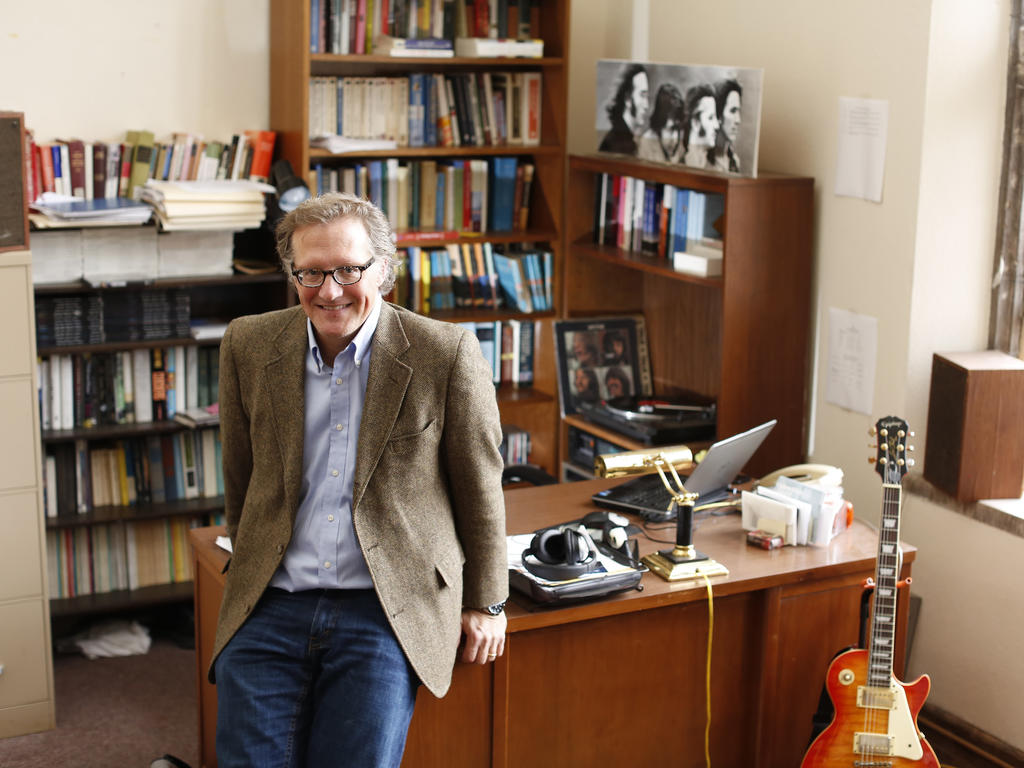Marshall Boswell, professor of English at Rhodes, has published a new monograph titled The Wallace Effect: David Foster Wallace and the Contemporary Literary Imagination (Bloomsbury, 2019).
According to the publisher’s description, Boswell explores David Foster Wallace’s (1962-2008) contested space at the forefront of 21st-century American fiction. He traces both the reach and the limits of Wallace’s legacy by examining novels by Wallace’s literary patriarchs and contemporaries, as well as four novels that attempt to demythologize the author’s persona and his literary preeminence. Described as a combative writer, Wallace wrote journalistic pieces, short stories, and novels. He openly challenged his artistic predecessors as he sought to establish himself as the leading literary figure of the post-postmodern turn.
For more than two decades, Wallace’s works have been the subject of critical and academic interest in both the United States and across Europe. Wallace is widely known for his 1,000-page-plus novel, Infinite Jest, which was a Time magazine pick for the 100 best English-language novels published since 1923.
A recognized Wallace scholar, Boswell has also published Understanding David Foster Wallace (2004) and edited the books David Foster Wallace and the Long Thing (2014) and A Companion to David Foster Wallace Studies (with Stephen Burn, 2013). Among the subjects that Boswell teaches at Rhodes are 20th and 21st century U.S literature.
The Wallace Effect is available in paperback and e-book through Bloomsbury publishing here.
